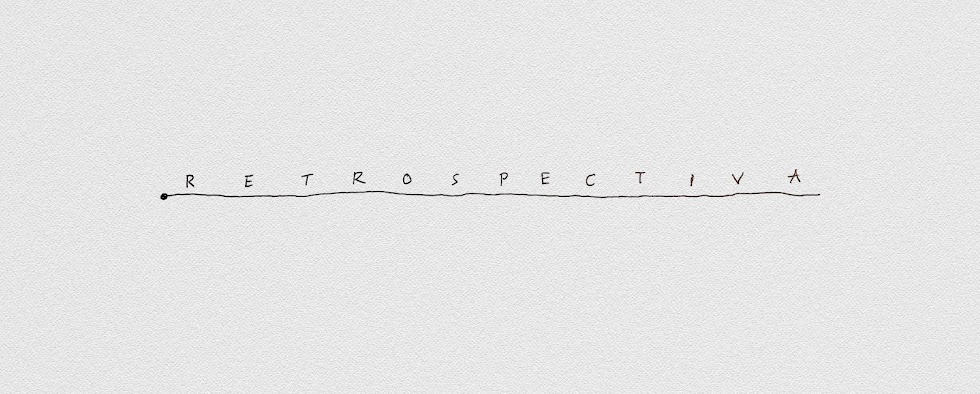Between drama and dramaturgy, or what is (really) changing in portuguese contemporary theatre, or should we say the performing arts?
by Paulo Eduardo Carvalho
(...) A quite different practice has been the one developed by a Lisbon theatre company, Cão Solteiro — in English "a dog that is single" — in collaboration with the director Nuno Carinhas in the exploration of poetic notions closer at the same to the universe of the visual arts and the theatre. The production inspired by the work and the writings of the Mexican painter Frida Kahlo, called in portuguese "Aguantar" — a wordplay on a verb that means something like "to hold on" —, is a remarkable example of the traditional means of theatre being used for an exercise that is out of all the constrictions of narrative and dialogue, simultaneously capable of drawing on the more contemporary logic of the "installation" or of the performative act. A very good example among us of the "deconstructive" tendency I mentioned a bit earlier would be the work of a theatre company created in 1995 under the name of Teatro Praga, which is intended to mean "plague": the productions they have presented between 2002 and 2003, based on Noel Coward’s "Private Lives" or Turgueniev’s "A Month in the Country" still revealed the massive influence of the Belgian company Tg Stan, but they also very eloquently introduced in the Portuguese scene a much needed playful questioning of the formulae, models and conventions of theatrical representation. In their best works, again, it's the ensemble and the variety of the frequently surprising stage actions that shows itself capable of building a dramaturgy full of new perceptions on the fictional realities they both bring on to the stage and subvert. A totally different situation, quite new in the Portuguese scene, is the powerful work developed by Circolando, another young company that has been trying to merge the different techniques of the circus and of puppetry with those of the traditional theatre. In this recent work, "Cavaterra" — something like "digging the earth" — inspired by the hard life of old Portuguese miners, words are not even used to convey to us lyrical expressions of both the hardship and the daily companionship of this ancient activity. Like it happens in dance, dramaturgy here is particularly important, because there are no words to give us more stable indications of the emotions and experiences at stake. This is an extraordinary example of scenic poetry at its most expressive possibilities. A last and more problematic example is the one offered by a young actor, Rogério Nuno Costa, who has been exploring a project called "Going To Your Place": as the title clearly suggests, it’s him who brings "theatre" to someone’s home, invading the privacy of his audience and inviting that same necessarily reduced audience to follow a given set of procedures. This is theatre as a performative act, using some of the concepts and strategies of site-specific art, and exploring the unpredictable nature of his audiences’ surroundings to interact with. Again, what we have in here is a plan based on the subversion of the conventional models of representation. Again, it all comes back to the way experiences are organized and the way we look at them. Let’s just hope we’ll be able to open the door to them, even if cautiously, instead of simply peering through the hole…
Paulo Eduardo Carvalho
International Association of Theatre Critics
[extraordinary congress in celebration of its 50th anniversary]
Seoul, Korea, October 21-25, 2006
In association with the Seoul International Performing Arts Festival
(Colloquium 2: Papers on Europe, 23 October, 9:30-13:00)

